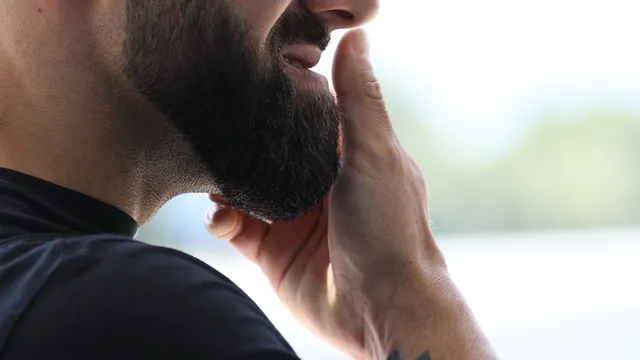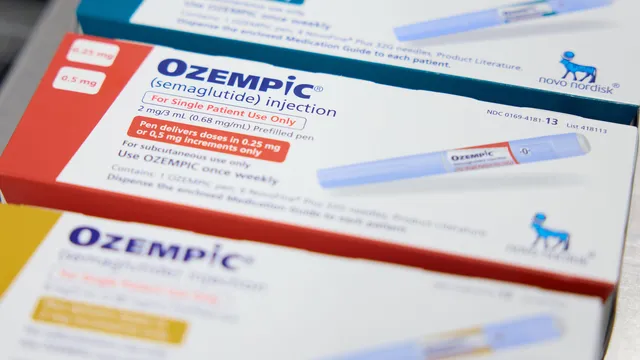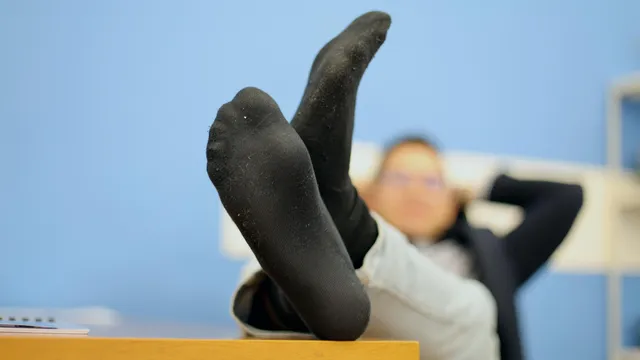Thick beards evoke mixed feelings of admiration – for the style they give men – and suspicion about their cleanliness and the hygiene problems they can create.
Human skin is home to billions of microorganisms, not just bacteria, but also fungi and viruses. Facial hair creates a favorable environment for their proliferation. Studies have shown that beards harbor a dense and diverse microbial population, which contributes to the perception that they are inherently unhygienic.
The Washington Post recently reported that the “average” beard can harbor more microbes than some toilet bowls... Does this mean that wearing a beard poses a health risk? A closer look at the available scientific data reveals a more nuanced reality.
The microbial composition of the skin varies depending on the area. It depends on various factors, such as temperature, pH (which reflects the acidity or alkalinity of the environment), humidity and the availability of nutrients. Growing a full beard creates a warm and often humid environment in which sebum and sometimes food debris accumulate, creating ideal conditions for the multiplication of microbes.
This situation is even more favorable for microorganisms, since our face is constantly exposed to new contaminants, especially through our hands, which we often touch our face.
The first scientific concerns about beard hygiene date back more than fifty years. The first studies at that time showed that facial hair can retain bacteria and bacterial toxins, even after cleaning, which fueled the idea that beards could represent a dangerous bacterial reservoir for others, putting them at risk of infection.
Among healthcare professionals, the wearing of beards has long been controversial, especially in hospitals, where the fight against the transmission of pathogens is crucial. However, the results of studies conducted in hospital settings are contradictory. Sure enough, a 2022 study found that bearded healthcare workers had higher bacterial counts on their faces than their clean-shaven counterparts.
Another study conducted in 2018, which compared the microbial counts of human beards with those of dog fur (to see if there was a risk of using the same MRI machine for both), found that most beards contained significantly more microbes than dog fur, and in particular more potentially pathogenic bacteria. The conclusion was clear: “Using the same MRI machines for dogs and humans does not pose a risk to the latter.”
However, other studies have challenged the idea that wearing a beard can lead to an increased risk of infection. For example, a 2014 study comparing bearded healthcare workers with their beardless counterparts found no significant difference in bacterial colonization between the two groups. The same researchers observed that bearded doctors were less likely to carry the bacteria Staphylococcus aureus, a leading cause of hospital-acquired infections. They also did not see higher rates of infection in patients operated on by bearded surgeons (who wore masks) than those who did not.
However, beards can carry some skin infections, such as impetigo, a contagious rash often caused by Staphylococcus aureus, which is often found in facial hair. In rare cases, some beards can also harbor parasites such as pubic lice (popularly known as scabies), which, as their name suggests, are usually found in the groin area. With poor hygiene or prolonged contact with an infected person, they can take over the beard, eyebrows, and even eyelashes.
An unkempt beard can lead to irritation, inflammation, and infection. The skin under the beard – rich in blood vessels, nerve endings and immune cells – is very sensitive to microbiological and environmental aggressions. The accumulation of sebum, dead cells, food debris and pollutants can irritate it and favor the growth of fungi and bacteria.
Ultimately, is the beard dirty? As is often the case, it all depends on the care that is taken of it. Experts recommend washing the beard and face daily to remove dirt, sebum, allergens and dead cells and thus prevent the spread of microbes. I BGNES

 Breaking news
Breaking news
 Europe
Europe
 Bulgaria
Bulgaria







